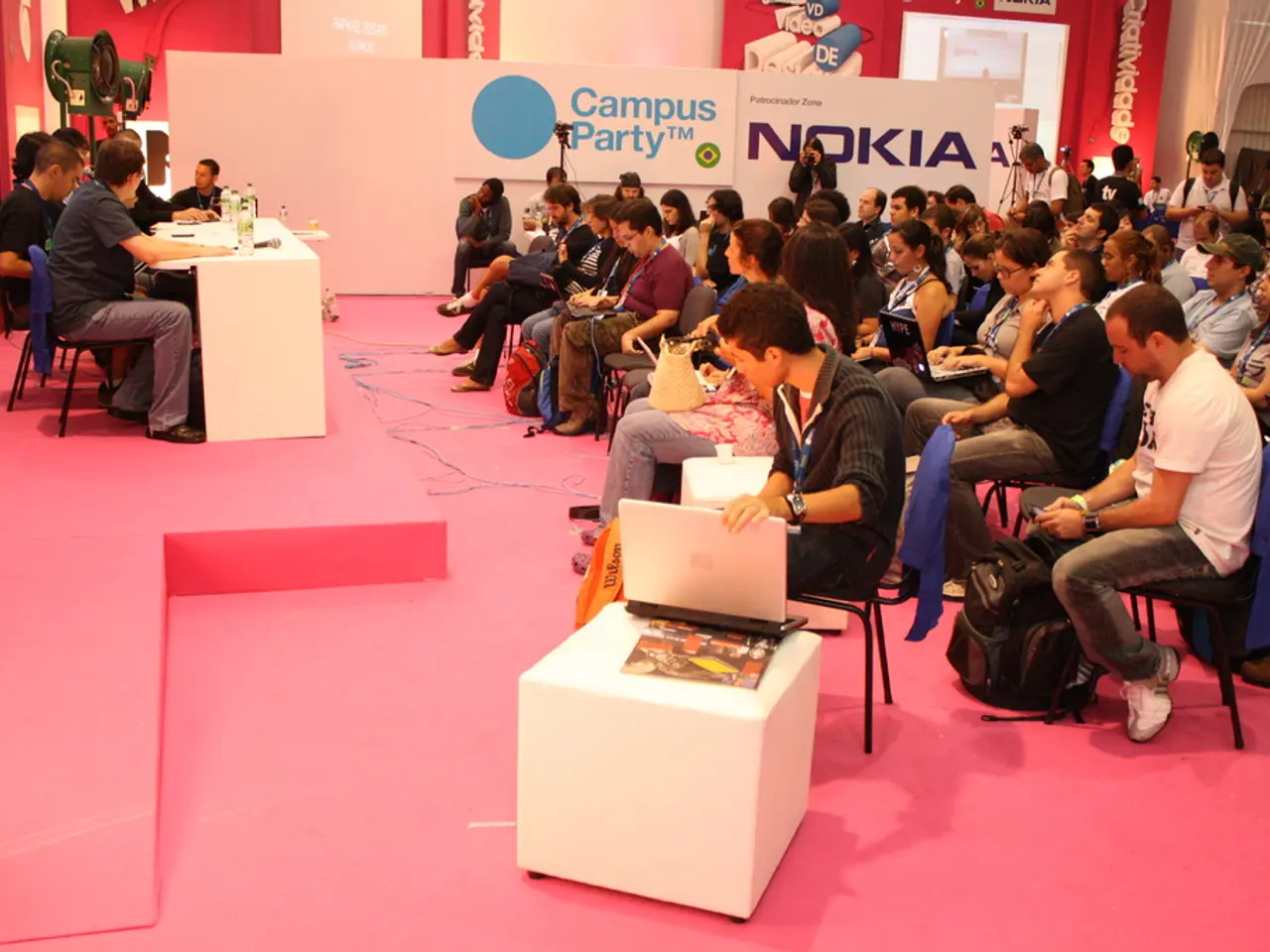Philippines Protest: Ad Hominem Attack Highlights Need for Respectful Discourse
A recent protest in the Philippines, 'Baha sa Luneta', saw a concerning instance of ad hominem, where protesters attacked the appearance of Nathalie Geralde instead of engaging with her message. This incident highlights a broader issue of respectful discourse in the country, which has been a topic of concern for some time.
The 2018 Programme for International Student Assessment (PISA) ranked the Philippines lowest in reading comprehension, indicating a potential underlying issue with critical thinking and engagement with ideas. Ad hominem attacks, which focus on personal attributes rather than the issue at hand, are common in discussions and hinder productive dialogue.
In 2025, a cohesion study jointly published by ARD, ZDF, and Deutschlandradio emphasized the need for respectful and ad hominem-free dialogue in social media. The study's officials highlighted the importance of creating protected dialogue spaces and public forums to foster respectful debate in a pluralistic society. To improve discourse, it is crucial to keep the focus on the issue, back up claims with evidence, listen and understand the other person's perspective, and cultivate a respectful environment that encourages diverse viewpoints.
The incident at the 'Baha sa Luneta' protest serves as a reminder of the need for respectful and evidence-based discourse in the Philippines. By focusing on issues rather than individuals and fostering a culture of mutual respect, the country can work towards a society based on reasoned argumentation and understanding.




